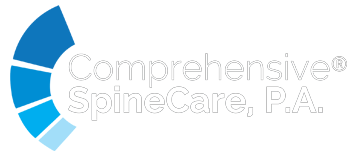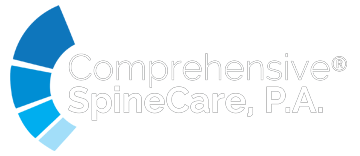While selecting an experienced spinal surgeon is a large part of a successful back surgery, taking care of yourself after surgery is another important factor. Although there is no guarantee when it comes to back surgery, doing certain things while avoiding others can make your recovery more comfortable and reduce the risk of post-surgical complications. Therefore, here are some of the Do’s and Don’ts to recovering from back surgery:
Do…
Take Short Walks
After having back surgery, many people make the mistake of spending too much time laying down. Unfortunately, this can cause your muscles to stiffen up, which slows the recovery process and can make you more uncomfortable. Instead, you should try to exercise daily by taking short walks and gradually increasing the distance each day.
Manage Your Pain

Pain is an unfortunate part of the recovery process, however your spine surgeon will prescribe you medication to help manage postoperative pain. For the best results, these medications are to be taken as directed. To make sure you stay on a schedule, it is also important to make sure that any refills are obtained before you run out. In addition to prescription pain medications, you can also use moist heat on the areas around the incision, exercise, massage, rest, and repositioning to manage discomfort.
Sleep
Although good sleep is essential for faster healing, it can be hard to sleep well after having back surgery. Depending on where your procedure was performed, your spinal surgeon will provide you with advice on how to sleep most comfortably. Generally speaking, this means sleeping on your back with your upper back, shoulders, and head slightly elevated with a wedge pillow. You may also need to roll a towel or blanket underneath your knees, which alleviates pressure on your back by slightly bending the knees and hips.
Wear Your Back Brace
While not every back surgery will require the use of a postoperative back brace, when one is prescribed it will need to be worn as directed. This is because back braces are specifically designed to redistribute pressure from one area of the spine to other areas. When healing from certain procedures, using a back brace is highly important because it provides stability and minimizes movement that could cause damage.
Don’t…
Bend, Twist, or Lift
After having back surgery, it is essential to minimize any additional stress on your spine by keeping it in a neutral position. Even if it does not hurt, bending, twisting, and lifting are all activities that strain your spine. Oftentimes, you will need to be extremely mindful about these activities since they are a normal part of our everyday lives. You may also need to ask a loved one for help in completing tasks that would normally require bending, twisting, or lifting.

Take More Pain Medication than Directed
If you have been taking your prescribed medication as directed and it does not seem to be helping or is not providing you with enough relief, don’t just take more. Instead, call your spinal surgeon for further instructions. In some cases, you may need a different medication or they may need to prescribe a higher dose. Regardless, you will want to leave it to your surgeon to determine the appropriate amount of pain medication.
Get Your Incision Wet
For the first few days after surgery, it is extremely important to avoid getting your incision wet in order to prevent bacteria from causing an infection. In some cases, your surgeon may direct you to wait longer. This usually means that when you shower, you will need to place a bandage over your incision to prevent water from getting in. Additionally, this also means that you cannot swim or take baths until your incision has healed and your surgeon has cleared you for these activities.
Ignore Suspicious Symptoms
After spinal surgery, certain symptoms are to be expected, like back pain, numbness, and pain around the incision. However, there are other symptoms that could indicate potential complications. These symptoms should be ignored and you should call your surgeon as soon as possible if you are experiencing: fever or chills, new or worsening pain, chest pain, shortness of breath, calf pain, night sweats, incision drainage, or a sudden loss of bladder or bowel function. Whenever you believe your life may be in danger, be sure to call 9-1-1.










